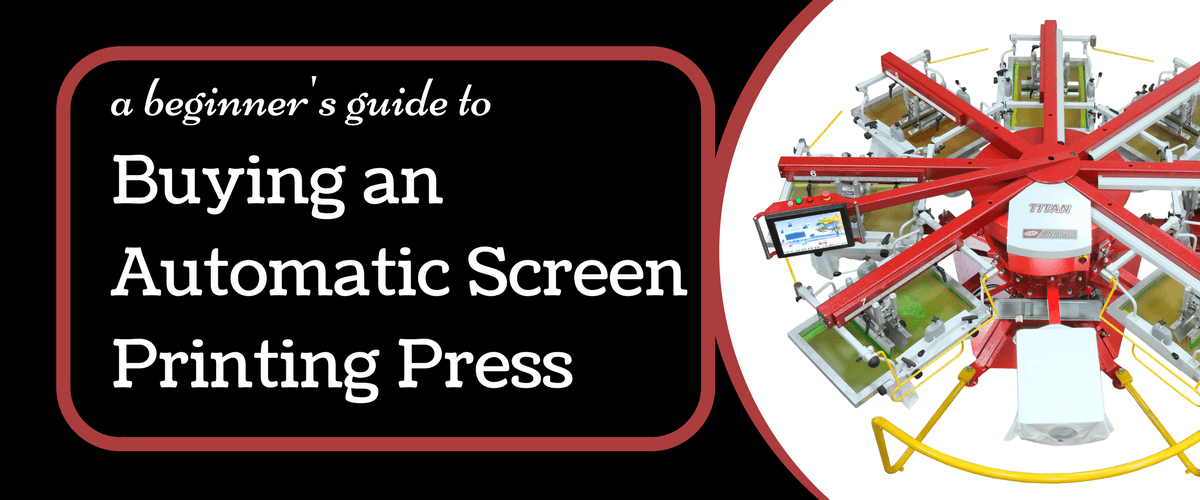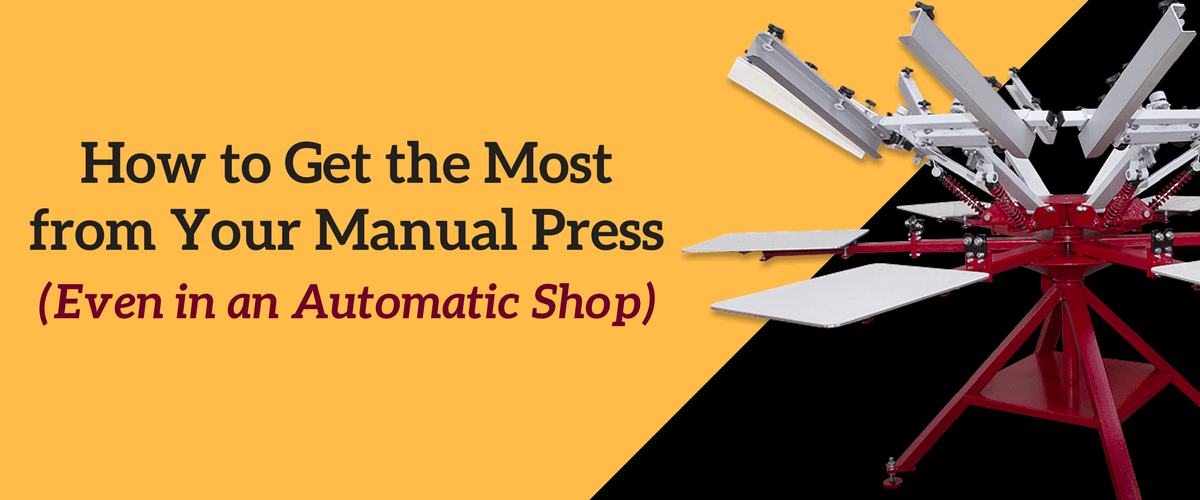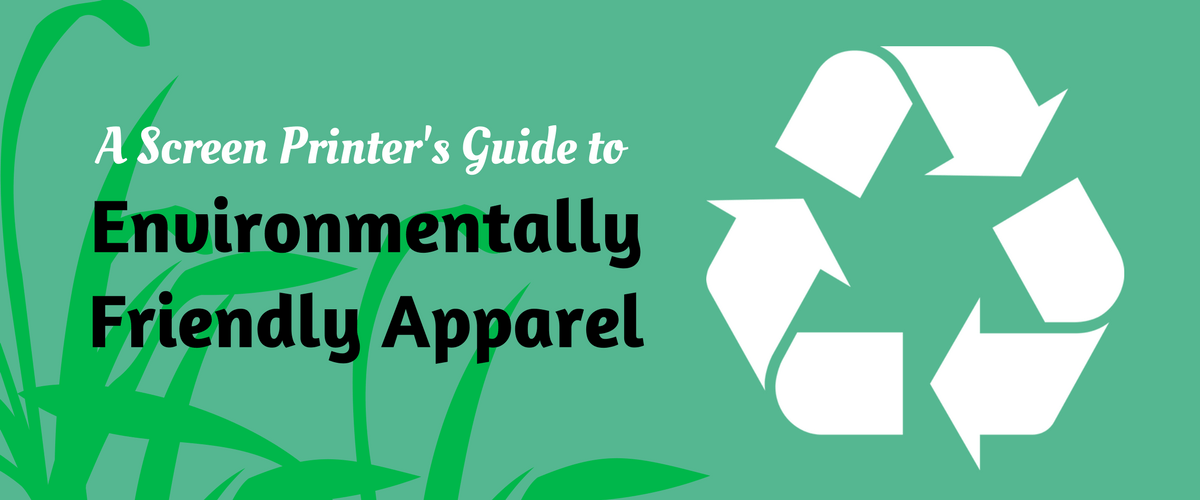

Revolutionizing the screen printing industry through cutting-edge technology and quality service
Anatol Equipment Manufacturing Co.
1429 S Shields Dr
Waukegan, IL 60085


Revolutionizing the screen printing industry through cutting-edge technology and quality service
Anatol Equipment Manufacturing Co.
1429 S Shields Dr
Waukegan, IL 60085

Even though the ingredients of most textile inks have become more eco-friendly over the years, it’s important to remember that they contain certain industrial chemicals. The disposal of these chemicals is usually closely regulated and often strictly enforced.
Read more
Is your screen printing shop ready to upgrade to an automatic screen printing press? If you’re consistently struggling to keep up with customer demand on your current manual setup, or if you’ve hit the point where you feel you need to increase your staffing, it’s probably time to start seriously considering an automatic press.
Read more
As the demands of decorating performance wear increasingly cross over into the world of fashion, it’s become necessary to develop new inks for screen printing. Given the strength and extreme stretch of many of these fabrics, it can be difficult to get the desired result, even with special additives. In response to these challenges, a number of ink manufacturers have developed silicone based inks.
Read more
If you’ve ever tried to create the perfect color for a persnickety customer, you know color matching ink for screen printing can be a complicated proposition. Sure you have color matching systems to guide you, but many factors can interfere with color matching in screen printing.
Read more
In the competitive world of screen printing, you have to offer services to your customers that make your screen printing business stand out. Finishing services – such as relabeling, hang tagging, bagging or specialty packing – could be what makes a potential customer choose your shop over a competitor’s.
Read more
An automatic screen printing press is an exciting addition to any shop’s production floor. Automatic presses speed up production time, so press runs that used to take a day now only take hours. However, screen printing shops that adopt automatics shouldn’t be too fast to retire their manual screen printing presses.
Read more
You’ve decided to go for it and make contract printing a part of your business. You know it’ll be very competitive, so you’ve got to carefully evaluate what you’ll offer and at what cost.
Read more
There are countless screen printing inks that claim to be “ready for use”, but in reality almost all inks require some care before they hit your press. Whether you’re seeking the right consistency, the right color or a special effect, there are proper ways to get your ink ready for printing.
Read more
There’s an old adage: “Keep your eye upon the doughnut and not upon the hole”. Of course, with screen printing it’s sort of reversed, as it’s most important to keep your eye on the holes in your screen mesh.
Read more
“Green” living has gone beyond a fad and become a part of the modern fabric. While there have been garment brands offering environmentally friendly apparel – and screen printing shops specializing in green printing – for decades, eco-friendly clothing has gone mainstream.
Read more
Are you looking for a way to increase your output and your profit? Do you have lulls in your regular screen printing schedule that you’d like to fill with work?
Read more
A screen printer needs the right tools, and one of the most important screen printing tools is the squeegee. There are several variables to consider when selecting a squeegee, and it’s important to understand how each affects your prints so you can choose the right squeegee for each job.
Read moreYour message was successfully sent!